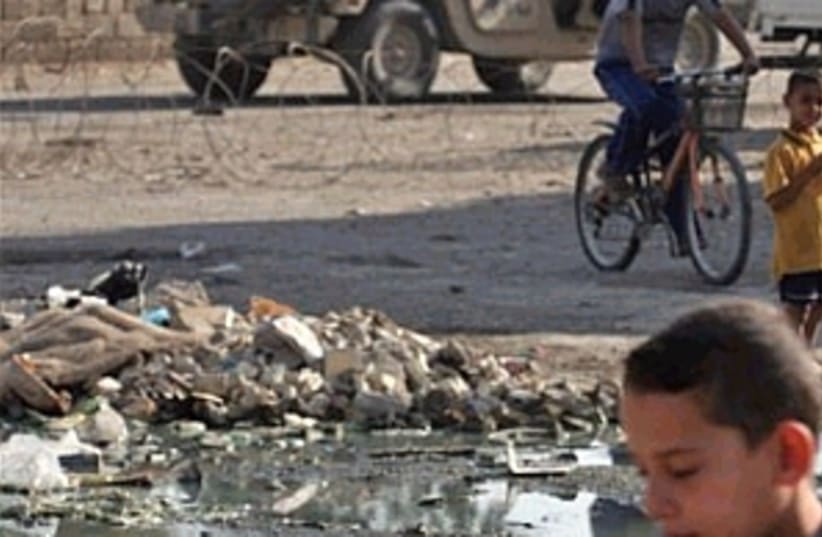| More about: | Presidency of George W. Bush, Iraqi Army, Osama bin Laden, Yusufiyah |
Insurgents attack Iraqi Sunnis
Attacks expected to increase as country prepares for Saturday referendum.


| More about: | Presidency of George W. Bush, Iraqi Army, Osama bin Laden, Yusufiyah |